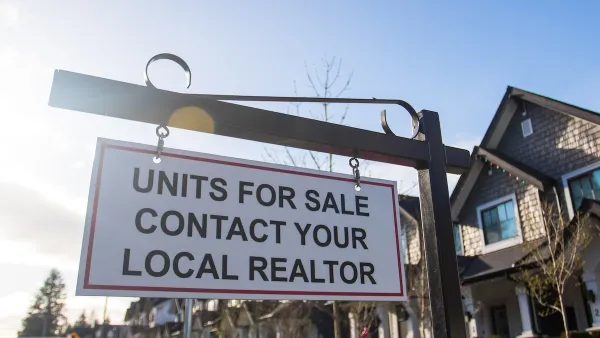A delicate agreement has been reached to permit the rezoning of Harlem's main corridor for new development, but critics argue the plans for new moderate-income housing won't prevent the gentrification of one of the city's poorest neighborhoods.
"The Bloomberg administration's proposal to rezone 125th Street in Harlem cleared a major hurdle on Tuesday when the area's three City Council members signed off on a compromise plan that would limit the height of new buildings, add moderately priced housing and provide financial aid to businesses displaced by the rezoning.
The proposal was then approved by the Council's Zoning and Franchises Subcommittee in a 10-to-1 vote. The agreement between the City Planning Commission and the council members, Inez E. Dickens, Robert Jackson and Melissa Mark-Viverito, virtually assures the plan's passage by the full City Council later this month.
The rezoning of 24 blocks of Harlem, stretching from Broadway east to Second Avenue, and from 124th to 126th Street, centers on 125th Street - a cultural touchstone for African-Americans in the city and beyond. It has led to widespread opposition in the neighborhood because of concerns that it will change the character of the low-rise street and speed gentrification in the area, including forcing out long-term businesses and low-income residents.
But Councilwoman Dickens, who represents central Harlem, and who led what she and others involved described as contentious negotiations during the past three weeks, said on Tuesday that the agreement would provide sufficient protection for the neighborhood, which is among the poorest in the city."
FULL STORY: Compromise Is Reached on Harlem Rezoning

Planetizen Federal Action Tracker
A weekly monitor of how Trump’s orders and actions are impacting planners and planning in America.

Map: Where Senate Republicans Want to Sell Your Public Lands
For public land advocates, the Senate Republicans’ proposal to sell millions of acres of public land in the West is “the biggest fight of their careers.”

Restaurant Patios Were a Pandemic Win — Why Were They so Hard to Keep?
Social distancing requirements and changes in travel patterns prompted cities to pilot new uses for street and sidewalk space. Then it got complicated.

Platform Pilsner: Vancouver Transit Agency Releases... a Beer?
TransLink will receive a portion of every sale of the four-pack.

Toronto Weighs Cheaper Transit, Parking Hikes for Major Events
Special event rates would take effect during large festivals, sports games and concerts to ‘discourage driving, manage congestion and free up space for transit.”

Berlin to Consider Car-Free Zone Larger Than Manhattan
The area bound by the 22-mile Ringbahn would still allow 12 uses of a private automobile per year per person, and several other exemptions.
Urban Design for Planners 1: Software Tools
This six-course series explores essential urban design concepts using open source software and equips planners with the tools they need to participate fully in the urban design process.
Planning for Universal Design
Learn the tools for implementing Universal Design in planning regulations.
Heyer Gruel & Associates PA
JM Goldson LLC
Custer County Colorado
City of Camden Redevelopment Agency
City of Astoria
Transportation Research & Education Center (TREC) at Portland State University
Camden Redevelopment Agency
City of Claremont
Municipality of Princeton (NJ)





























